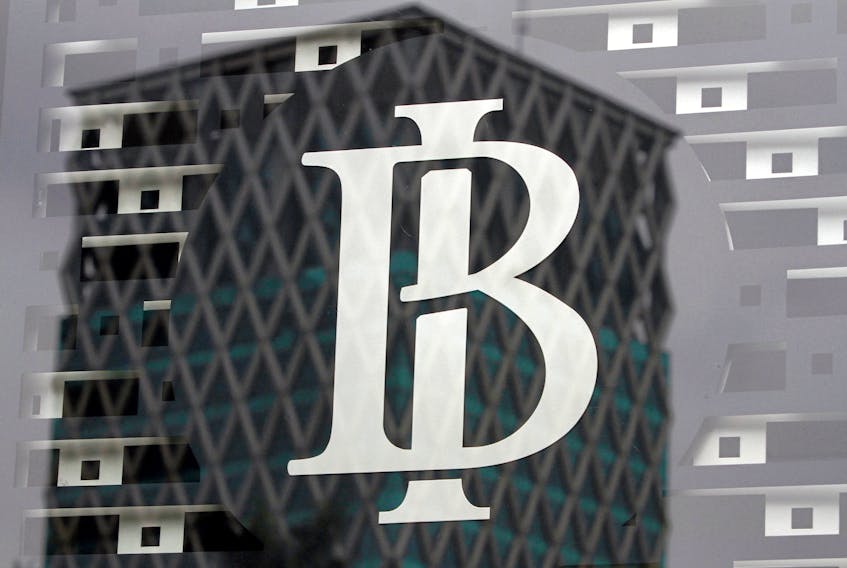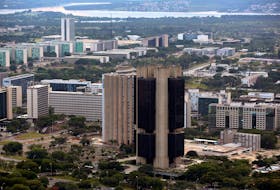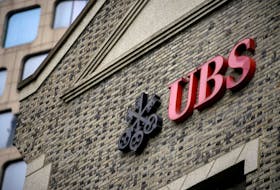JAKARTA (Reuters) - Indonesia's central bank on Thursday will keep its main interest rate unchanged for a sixth straight policy meeting as rising U.S.-China trade tensions renew pressure on the rupiah, a Reuters poll showed.
Some economists penciled in a rate cut in Southeast Asia's largest economy this year after the Federal Reserve turned dovish and Indonesian data, including a smaller current account gap, benign inflation and weakening GDP growth, auger for such a move.
But for this week's meeting, all 20 analysts in the poll forecast no change in Bank Indonesia's (BI) 7-day reverse repurchase rate, which has been 6.00 percent since November.
BI last year raised rates six times by 175 basis points to defend the rupiah, making it one of Asia's most aggressive central banks, amid pressure from U.S. interest rate hikes and Indonesia's large current account gap.
"The return of U.S.-China trade tensions is inducing significant external uncertainty that BI will be wary of, and validates BI keeping a steadfast stance in prioritizing its stability objective," said Euben Paracuelles, an economist with Nomura.
Since a peak in mid-April - when unofficial vote counts showed President Joko Widodo securing a second term - the rupiah has dropped about 3 percent against the dollar, due to souring foreign investors sentiment for risky assets and a cyclical rise in dollar demand in Indonesia for offshore payments.
In the first quarter, Indonesia's economy grew more slowly than expected, as investment slowed ahead of elections.
Of nine poll respondents who gave a view on the year-end benchmark rate, seven said the benchmark will be lower than now while two predicted it would still be 6.00 percent.
Wisnu Wardana, Bank Danamon economist, said fundamentally, any rate cut is best taken after November, as he expects the current account to significantly narrow in the fourth quarter.
BI may want to wait for any possible fuel price adjustment, likely after Widodo's swearing-in on Oct. 20, and also to see whether tax amnesty assets, some of whose three-year lock up period end by September, would flee the country, Wardana added.
"Though market persuasion has been quite strong to bring rate cuts forward, I think it's better to stick to fundamentals so that the rupiah is not held hostage by portfolio inflows," he said.
(Polling by Nilufar Rizki and Tabita Diela; Writing by Gayatri Suroyo; Editing by Richard Borsuk)









